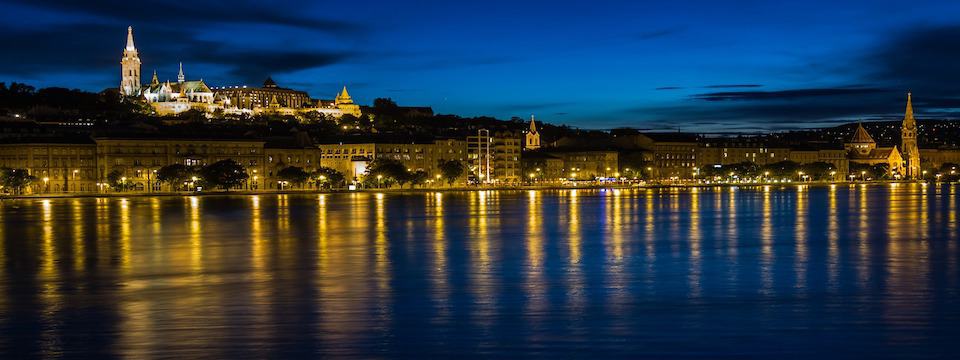The Danube is the second longest river in Europe after the Volga. It rises in the Black Forest mountains of western Germany and flows for some 1,770 miles (2,km) to its mouth on the Black Sea. It passes through nine countries: Germany, Austria, Slovakia, Hungary, Croatia, Serbia, Bulgaria , Romania, and Ukraine and past great historic cities like Vienna, Budapest and Bucharest. This is the river of Mozart symphonies and Strauss waltzes that is lined with castles and fortresses from its days as the border between great empires.Upper Danube
The Danube rises in Germany but becomes navigable at Kelheim where the Main Danube canal joins it. Leaving Regensburg and Passau, the Danube flows eastward into Austria past Linz, and through the Wachau Valley and Melk Abbey and the beautiful riveside villages of Krems and Durnstein. before reaching Vienna.
Middle Danube
Leaving Vienna the river flows through the Hungarian Gates Gorge into Slovakia and Bratislava before it slows and enters the Visegrád Gorge crowned with fortresses, castles, and cathedrals to reach Esztergom and Budapest. After Budapest the Danube crosses the Great Alfold plain until it reaches the Iron Gate gorge forming the Serbian/Croatian border.
Lower Danube
Beyond the Iron Gate the lower Danube flows eastwards across a wide plain past Belgrade. Further on the river runs between the steep banks of the Danubian Plain of Bulgaria and the lakes and swamps bordering low Romanian Plain. After passing Bucharest the Danube enters the Black Sea as a wide delta- a network of channels, brooks and ponds. Here you will find floating islets covered by rush and reed, rainforest-like lianas, lakes with muddy depths and surfaces carpeted by water lilies. There are countless pelicans and flocks of cormorants and moor hens.


